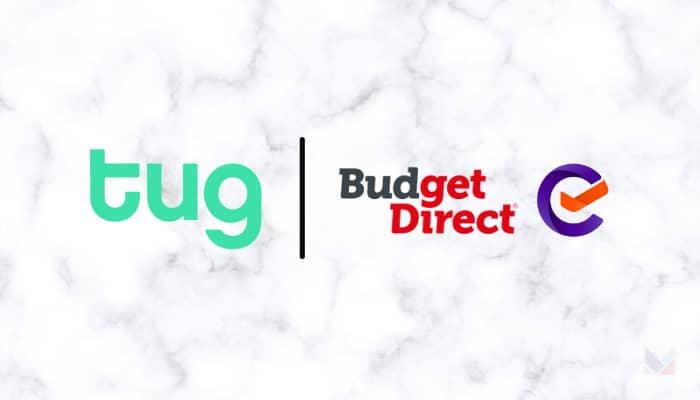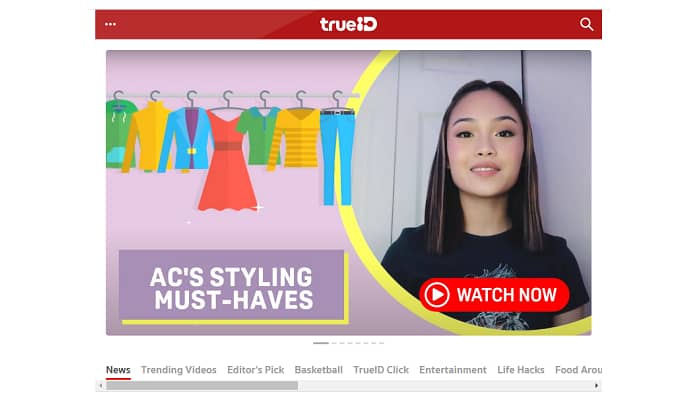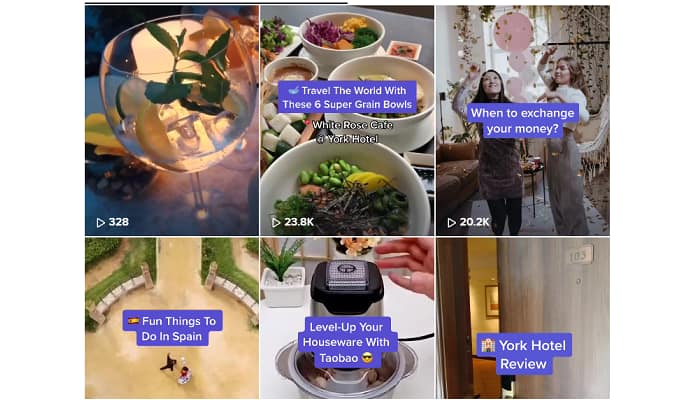More marketers are recognizing the power of branded content in our rapidly evolving digital age. Consumers are constantly being bombarded with all sorts of adverts, so it is vital for brands to tell stories that resonate with their customers to ensure they stand out from the crowd.
Content marketing also offers a range of other business benefits, including helping companies to build brand awareness, cultivate consumer loyalty, and generate organic growth through publicity.
Up to 80 percent of marketers regard content creation as one of the top priorities, according to a 2021 report by Hubspot. It also shows that content marketing makes up 26 percent of their business-to-business marketing budgets, while spending is on the rise.
Plan your next successful content marketing campaign
To better plan, manage and evaluate a successful content marketing campaign, it is important that companies put a clear structure in place. Here is our five-step guide to help you plan your next content marketing campaign.
1. Define your strategy with a framework for measurement
Brand equity modeling is a useful tool to assess the impact of measures of brand equity on long-term brand performance. Marketers should first include metrics such as ‘trust’, ‘quality’, and ‘reliability’ with a definitive monetary value and hierarchy, alongside other tangible indicators such as the audience engagement level or sales conversion.
With such a framework, marketers can constantly measure the effectiveness of each campaign and adjust their strategy to optimize the results.
2. Know your audience through data
Storytelling is a form of art, but tailoring your content to the right audience is a science. Making use of first-, second- or third-party data is instrumental in mapping out the key communications challenges of engaging your target audience.
By analyzing the data, which shows such things as who your audience is, what content they consume, and how they behave; marketers will have a better idea about how to strengthen the brand relevance to the target audiences in the right context.
3. Internal support for creative process
Compelling content requires creativity, but the bureaucratic approval process sometimes kills imaginative thinking. As such, marketers should lobby internally and get the backing of C-suite, or senior executives, to ensure the least intervention in the creative process, while gatekeepers are in place for quality assurance and crisis prevention. Ideally, two to three sign-offs would be sufficient in keeping the right balance between gatekeeping and the creative process.
4. Tailor your distribution plan to match user journey
With a massive volume of content available, both online and offline, marketers need to work towards more than just clicks and eyeballs. Instead, they should curate a content journey – through the right distribution channels at the right time for the right audience – that allows people to discover your brand, generate interest and build brand loyalty.
5. Focus on long-term benefits
Most content marketers define the success of a content marketing campaign by the number of sales conversions. This overemphasis on short-term results prevents marketers from benefiting from the long-term returns – gained from: creating real bonds with your customers and cultivating customer loyalty.

This article is written by Darryl Choo, regional sales director for APAC at South China Morning Post.
The article is published as part of MARKETECH APAC’s thought leadership series What’s NEXT.
This features marketing leaders sharing their marketing insights and predictions for the upcoming year. The series aims to equip marketers with actionable insights to future-ready their marketing strategies.
If you are a marketing leader and have insights that you’d like to share with regards to the upcoming trends and practices in marketing, please reach out to [email protected] for an opportunity to have your thought leadership published on the platform.











